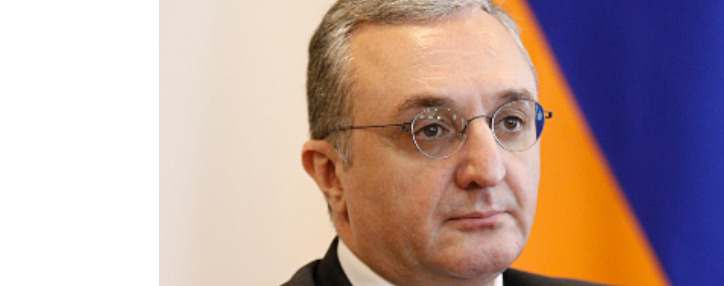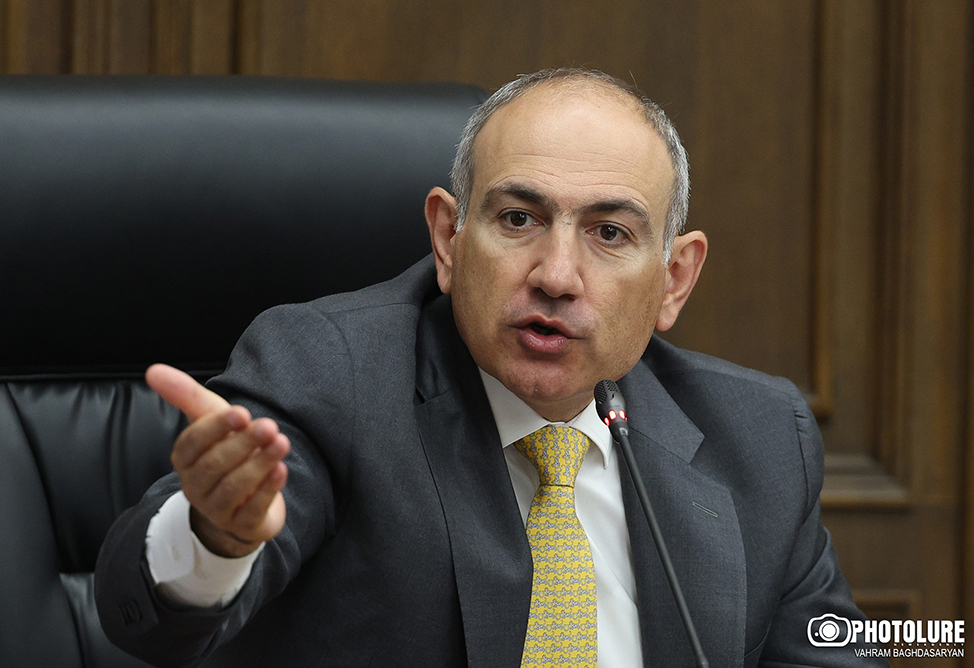Armenian and Azerbaijani foreign ministers to meet soon
11.09.2018,
15:08
Armenia’s Foreign Minister Zohrab Mnatsakanyan said today he was set to have a meeting with his Azerbaijani counterpart Elmar Mammadyarov.

YEREVAN, September 11. /ARKA/. Armenia’s Foreign Minister Zohrab Mnatsakanyan said today he was set to have a meeting with his Azerbaijani counterpart Elmar Mammadyarov.
"I am trying to be as correct as possible. The date of the upcoming meeting will be announced when we jointly agree on all details of it, but I would like to repeat that we support a negotiated peace. I told this Mammadyarov when we met on July 11 in Brussels," Mnatsakanyan said on Tuesday during a joint press
conference with the Secretary-General of the International Organization of Francophonie (MYFF) Mikaelle Jean in Yerevan.
During the July 11 meeting in Brussels Zohrab Mnatsakanyan was said to have stressed that the negotiation process had no alternative and, in that context, he underscored the importance of creating an atmosphere conducive to peace, strengthening mutual trust, and taking steps to reduce tension. He also said the sides to the conflict should strictly observe the ceasefire regime and refuse bellicose rhetoric. Mnatsakanyan added today that a new meeting of the foreign ministers of the two countries will take place in the very near future.
The Nagorno-Karabakh conflict erupted into armed clashes after the collapse of the Soviet Union in the early 1990s as the predominantly Armenian-populated enclave of Azerbaijan sought to secede from Azerbaijan and declared its independence backed by a successful referendum.
On May 12, 1994, the Bishkek cease-fire agreement put an end to the military operations. A truce was brokered by Russia in 1994, although no permanent peace agreement has been signed. Since then, Nagorno-Karabakh and several adjacent regions have been under the control of Armenian forces of Karabakh.
Nagorno-Karabakh is the longest-running post-Soviet era conflict and has continued to simmer despite the relative peace of the past two decades, with snipers causing tens of deaths a year. On April 2, 2016, Azerbaijan launched military assaults along the entire perimeter of its contact line with Nagorno-Karabakh. Four days later a cease-fire was reached. -0-
"I am trying to be as correct as possible. The date of the upcoming meeting will be announced when we jointly agree on all details of it, but I would like to repeat that we support a negotiated peace. I told this Mammadyarov when we met on July 11 in Brussels," Mnatsakanyan said on Tuesday during a joint press
conference with the Secretary-General of the International Organization of Francophonie (MYFF) Mikaelle Jean in Yerevan.
During the July 11 meeting in Brussels Zohrab Mnatsakanyan was said to have stressed that the negotiation process had no alternative and, in that context, he underscored the importance of creating an atmosphere conducive to peace, strengthening mutual trust, and taking steps to reduce tension. He also said the sides to the conflict should strictly observe the ceasefire regime and refuse bellicose rhetoric. Mnatsakanyan added today that a new meeting of the foreign ministers of the two countries will take place in the very near future.
The Nagorno-Karabakh conflict erupted into armed clashes after the collapse of the Soviet Union in the early 1990s as the predominantly Armenian-populated enclave of Azerbaijan sought to secede from Azerbaijan and declared its independence backed by a successful referendum.
On May 12, 1994, the Bishkek cease-fire agreement put an end to the military operations. A truce was brokered by Russia in 1994, although no permanent peace agreement has been signed. Since then, Nagorno-Karabakh and several adjacent regions have been under the control of Armenian forces of Karabakh.
Nagorno-Karabakh is the longest-running post-Soviet era conflict and has continued to simmer despite the relative peace of the past two decades, with snipers causing tens of deaths a year. On April 2, 2016, Azerbaijan launched military assaults along the entire perimeter of its contact line with Nagorno-Karabakh. Four days later a cease-fire was reached. -0-



